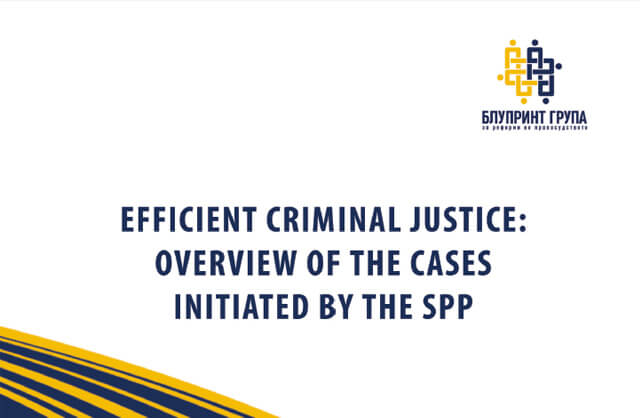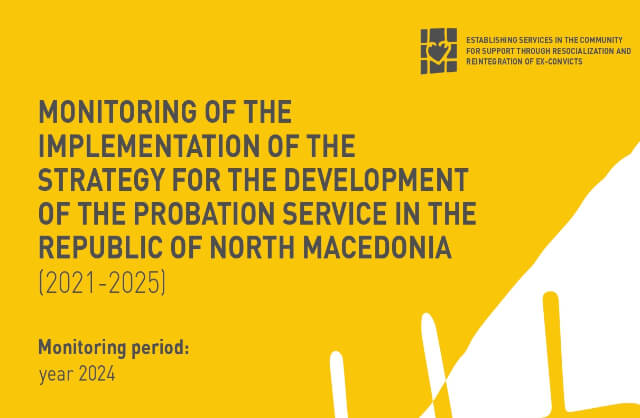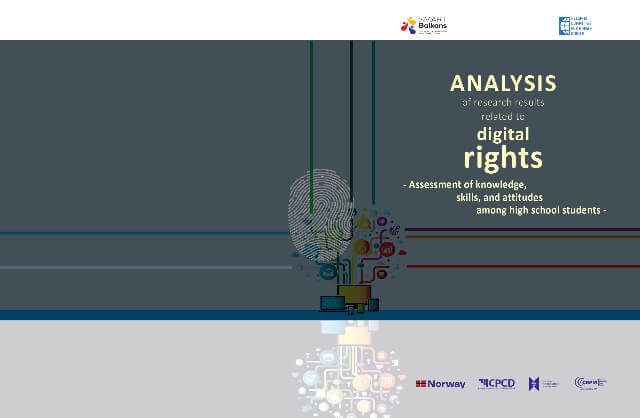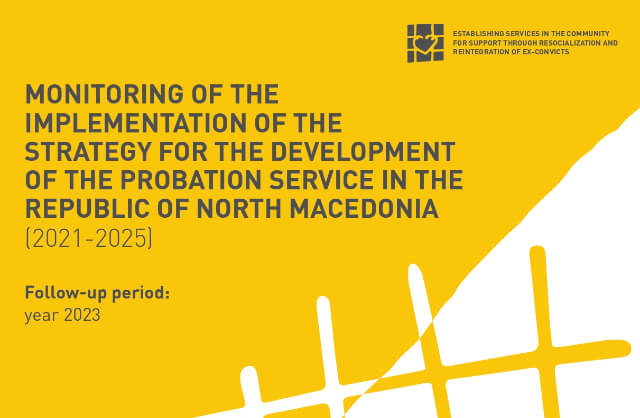Efficient criminal justice: overview of the cases initiated by the SPP
April 14, 2020

The deep political crisis which grew in Republic of North Macedonia, followed bycontinuous dysfunctionality of the regular Public Prosecution, but also the imposedpolitical influences on it were the main reasons that in 2015 led to initiating an ad hocbody with a role to sanction the preceding “damage” from the several year-long,commonly accepted policy and practice of impunity, especially regarding the highpolitical elites and officials in the country. After the events which happened in theSpecial Public Prosecution in August 2019, which peaked with the arrest of the SpecialPublic Prosecutor and raising charges for conduction of two crimes – receiving prize forunlawful influence and misuse of official position and authorization, the SPP de factoceased to exist, and its authorizations were “transferred” to the regular PublicProsecution. Starting from the relevance of the problem, which is the key question tothis Analysis – the efficiency of the criminal justice, the issue of the capacities of thecourts for leading these cases is raised, i.e. what is the reason for the impression of theaudience, both professional and non-professional, that the justice is not satisfied.
Continuing its effort in monitoring and participating in the conduction ofinclusive and transparent, good quality reforms, the civil society organizations acting inthe field of judiciary, which are part of the Blueprint Group for Judicial Reform,conducted this Analysis which elaborates the dynamics of leading the SPP cases beforethe Criminal Court Skopje, with regards to the capacities of the Court and the Publicprosecution, while also analyzing the amendments to the Criminal Code which may havean impact on some of the cases initiated by the SPP.
The Blueprint group for Judicial Reforms is composed of the Institute for HumanRights, the Helsinki Committee for Human Rights of Republic of Macedonia, theCoalition “All for Fair Trials”, the Macedonian Young Lawyers Association, the EuropeanPolicies Institute, the Center for Legal Research and Analysis and the Foundation OpenSociety – Macedonia.


